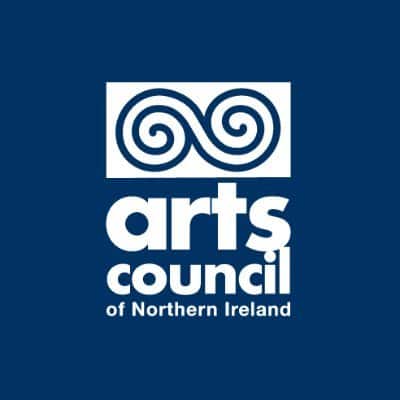The purpose of the Rural Engagement Arts Programme (REAP) is to provide an integrated, cohesive approach to the needs of local rural communities as they emerge from the global Covid pandemic, recognising the specific issues they face as a result.
The overarching theme is combatting isolation and loneliness, and promoting social inclusion. The pandemic and the resulting lockdowns across the UK have taken a toll on individual lives, with mental health and well-being adversely affected as families and friends were separated for sustained periods of time. Intergenerational family relationships being particularly affected. This has been compounded in rural communities which are characterised by smaller and more dispersed populations.
There are many ways to define and differentiate between loneliness and social isolation:
Loneliness, which can affect any age group, is the ‘subjective, unpleasant and distressing phenomenon stemming from a discrepancy between individuals’ desired and achieved levels of social relations’
Social isolation is ‘an imposed isolation from normal social networks caused by loss of mobility or deteriorating health’
The impact that loneliness and social isolation can have on the physical, mental and social health of isolated older people in particular is well documented. The Campaign to End Loneliness points to research which shows that lacking social connections is as damaging to health as smoking 15 cigarettes a day. Lonely individuals are more likely to visit their GP, use more medication and have a higher incidence of falls. They are also more likely to enter early into residential or nursing care.
The Arts Council believes that arts, and coming together as communities, can all make a vital contribution to building health, confidence and healthy integrated communities.
The Arts Council has worked in tandem with local authority community development and arts officers to ensure as far as possible that access to the funding available is widely disseminated.
Groups can apply for one-off projects or for a programme of events. Projects do not have to be new: existing programmes which are successful and meet the strategic themes of REAP are eligible.
The definition of rural is outlined in Appendix 1 in the guidance notes below and is taken from the NISRA review of statistical classification and delineation of settlements in March 2015. While engagement must be targeted at rural communities as defined here, Local Authorities and other groups based in urban areas may apply for programmes to be delivered in rural communities.
Who can apply?
We welcome applications from the widest possible range of organisations. You will be required to provide proof that you have a legal constitution.
Registered charities and other organisations which cannot distribute profits
Groups of organisations working together to deliver specific projects
Formally constituted parent-teacher associations
Local Authorities
Arts Organisations
Organisations based in Republic of Ireland border communities are eligible to apply, however, any proposed project must benefit people living in rural communities in Northern Ireland.
Applications from single organisations are permissible, but should demonstrate partnership working. Consortium applications demonstrating partnership working will be prioritised. Partnerships might include sector providers such as rural development organisations, older people’s providers and agencies, arts organisations or Local Authorities.
For partnership/consortium applications, a single organisation must be the lead applicant (ie.the group in whose name the application is submitted, to whom the grant will be awarded and who will be accountable for delivering the project and reporting on it to ACNI). You must clearly identify in the application form which organisation you are partnering with.
How much can you apply for?
You can apply for an award between £500 and £10,000 for a project.
To apply
Read more about the Programme, and apply online here.
Deadline for receipt of applications is: Thursday 28th July 2022 at 12.00pm
